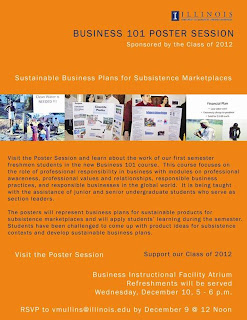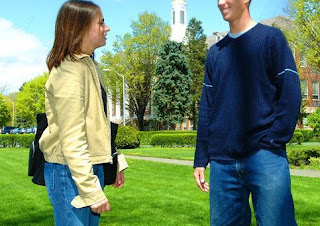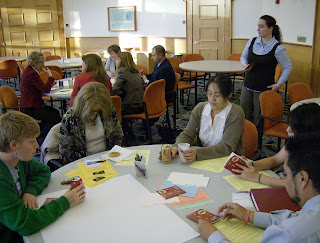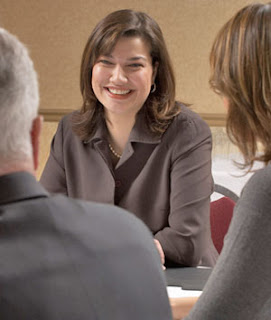Spanish Community-based Learning and Social Networks: A Tool for Your Job Search

I love Facebook (and so do my students), and I'm always interested in finding ways to make students' Spanish community-based learning experiences translate to their future careers. So I was very interested in an article I saw recently, " Social networking sites dos and don'ts " from Careerbuilder.com . "Employers are checking job applicant's profiles on sites like Facebook, Brightfuse and LinkedIn, according to a recent CareerBuilder.com survey," the article states. It also quotes an expert who says: "Get rid of your digital dirt [when job hunting]." Specific dos and don'ts in the article include: Do update your profile regularly. Don't badmouth your current or previous employer. Do join groups...selectively. Don't mention your job search if you're still employed. Do go on the offensive. Don't forget others can see your friends. These all make perfect sense. But what does that have to do with Spanish community-based le





























